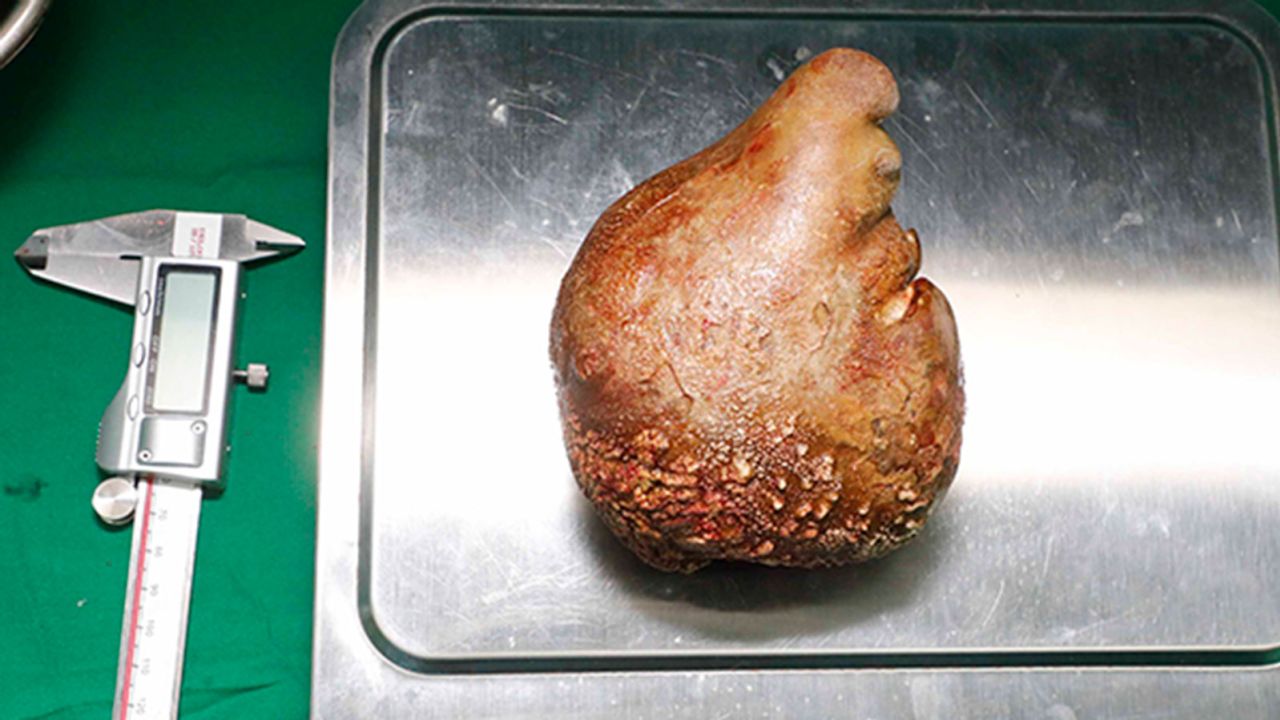Is Gatorade bad for your kidneys? Truth of Sports...
Added by Neal Mathews<p>Many individuals enjoy sipping Gatorade drinks to stay hydrated and energized...

Kidney stones are excruciating and cause extreme discomfort while passing out from the body. Some women claim that kidney stones are as extremely painful as childbirth. However, the level of pain depends on the number and size of the stone.
Now the question arises, does excessive drinking increase the chances of developing kidney stones? Here in this blog, we will discuss the connection between alcohol consumption and the risk of kidney stones, along with dietary factors along with the impact on the kidney’s normal functioning due to excessive drinking.
Kidney stones scientifically known as renal calculi a hard deposits of minerals, salt, and acid that develop in the kidneys. There are four classifications of kidney stones: calcium oxalate, uric acid, struvite, and cystine. Common symptoms include blood in the urine, vomiting, fever, cloudy urine, and severe pain in the lower pain.
Different risk factors leading to kidney stones include diet, excess body weight, medical conditions, and certain supplements. A kidney stone may be treated with lithotripsy, shockwave therapy, ureteroscopy, or nephrolithotripsy.
In some cases, tiny kidney stones move out of the body through urine without causing any pain, but in some other cases, large kidney stones are not able to move out of the body and cause extreme pain.
Many individuals believe that drinking alcohol causes kidney stones but the answer is ‘No’. There is no proven evidence that alcohol consumption leads to kidney stone formation. However when alcohol addiction itself, it significantly contributes to several reasons which can eventually increase the chances of kidney stone formation. Moreover to alcohol and kidney stones, regular alcohol consumption also disturbs the kidney’s normal functioning.
Alcohol consumption affects many organs of the body, including the kidneys. Occasionally drinking a little alcohol has no serious effects. But, regular or excessive, alcohol use and consumption can worsen the kidney’s functioning leading to several kidney diseases.
Kidneys play an important role in filtering waste from the blood and also help regulate the water and minerals in the body by producing different hormones. Furthermore, kidneys also manage disease control the blood pressure and reabsorb the nutrients.
For an individual who drinks heavily, the kidneys have to work harder to filter out the alcohol. This impacts the kidney’s normal functioning and makes them less able to perform the normal functioning. Alcohol consumption also affects the kidney’s ability to regulate fluid and electrolytes in the body.
Too much consumption of alcohol can also affect the blood pressure of the individual. More than one of alcoholic beverages drinks 2-3 drinks per day increase the chances of developing high blood pressure and this condition increases the chances of developing kidney disease.
According to the National Kidney Foundation, individuals who drink on a regular basis are more prone to get chronic kidney disease and liver disease too. To the sudden surprise, this risk is higher in people who smoke and drink heavily.
Consuming alcohol has no direct link with kidney stone formation. However, consuming alcohol on a daily basis can impact the kidney's health which can further lead to kidney stone formation.
Ans. Regular consumption of alcohol increases the risk factor chances of kidney stone formation in several ways. It causes severe dehydration and intoxication can hamper the kidney’s ability to filter waste and perform normal functioning.
Ans. Kidney stones have several treatment options available. Depending on the size, kidney health, patient’s mental health problems, and other factors, the surgeon will suggest the best treatment option. Different surgeries to treat kidney stones include -
Shock wave lithotripsy
Laser lithotripsy
Ureteroscopy
Nephrolithotomy
Open surgery
Ans. If an individual already has a kidney stone, then drinking alcohol will worsen the situation of avoid kidney stones by impacting the kidney’s health to a further extent. Moreover, excessive alcohol consumption may cause kidney stones to move around faster, causing extreme pain.
There is no evident proof that alcohol consumption leads to kidney stones, however heavy and regular drinking can indirectly lead to the formation of stones. Kidney stones decrease the quality of life and cause extreme pain. The best ways to prevent kidney stones from alcohol consumption include drinking in moderation, staying hydrated, and following a healthy lifestyle. It is always advisable to seek medical help to reduce the chances of kidney stone formation.